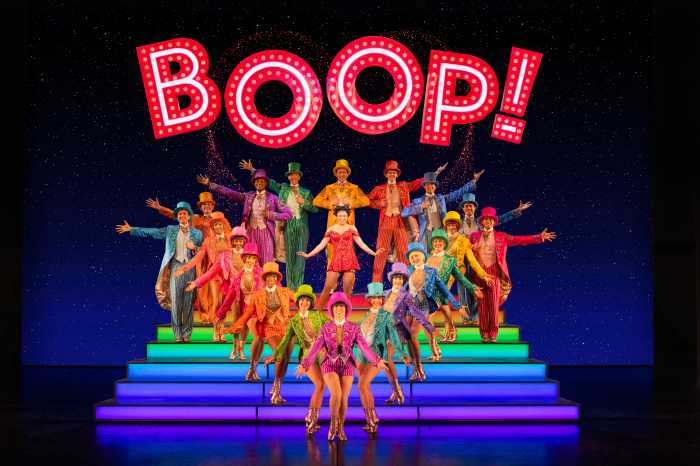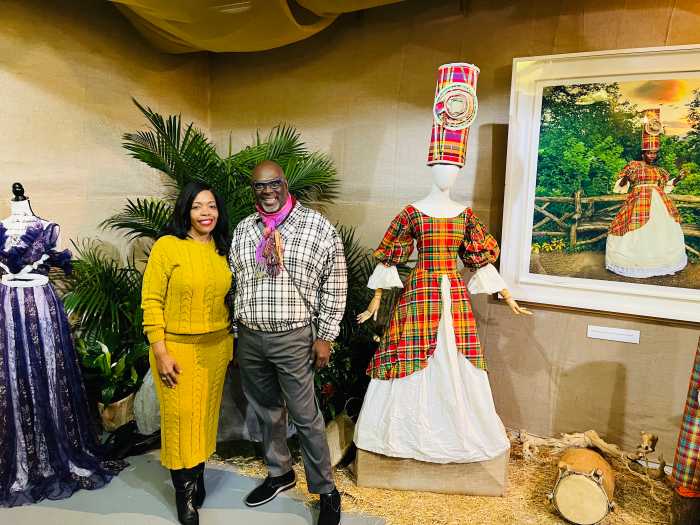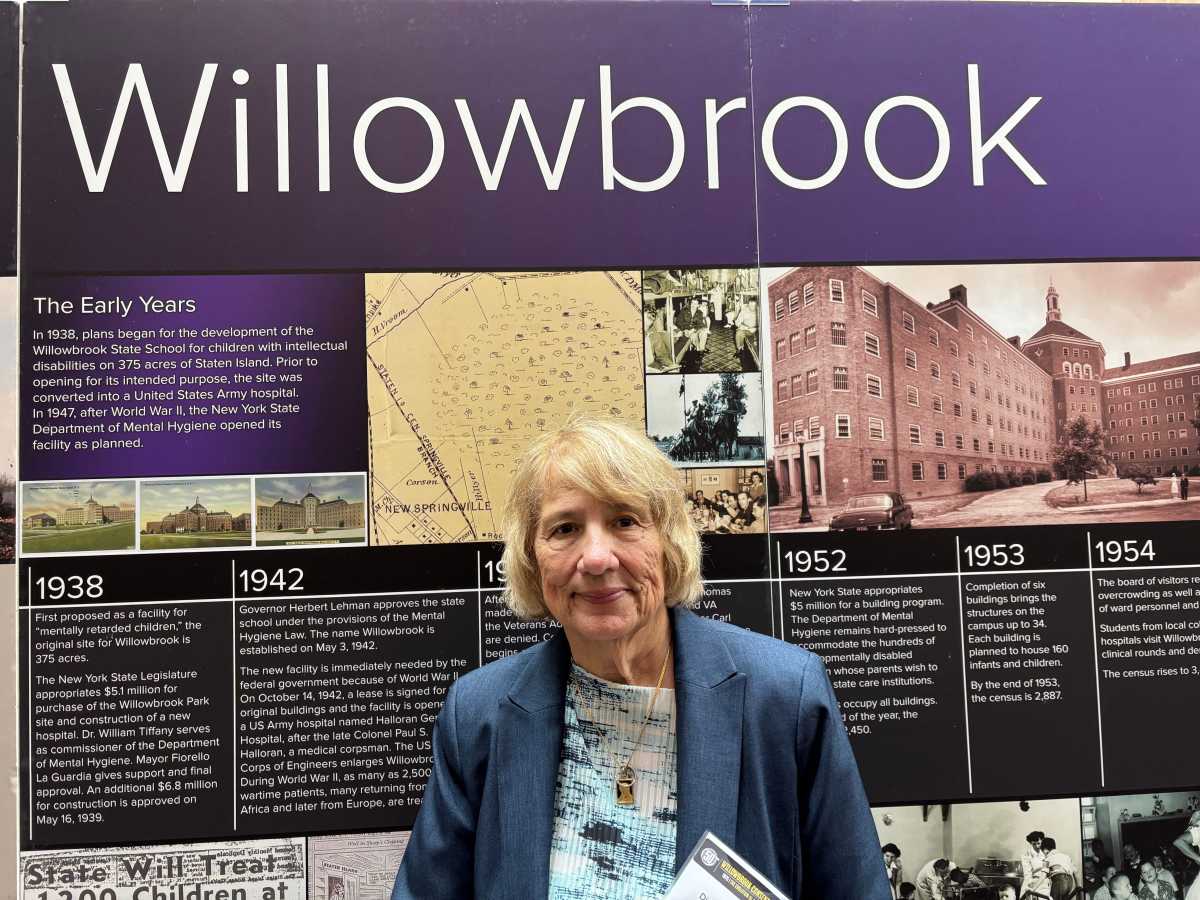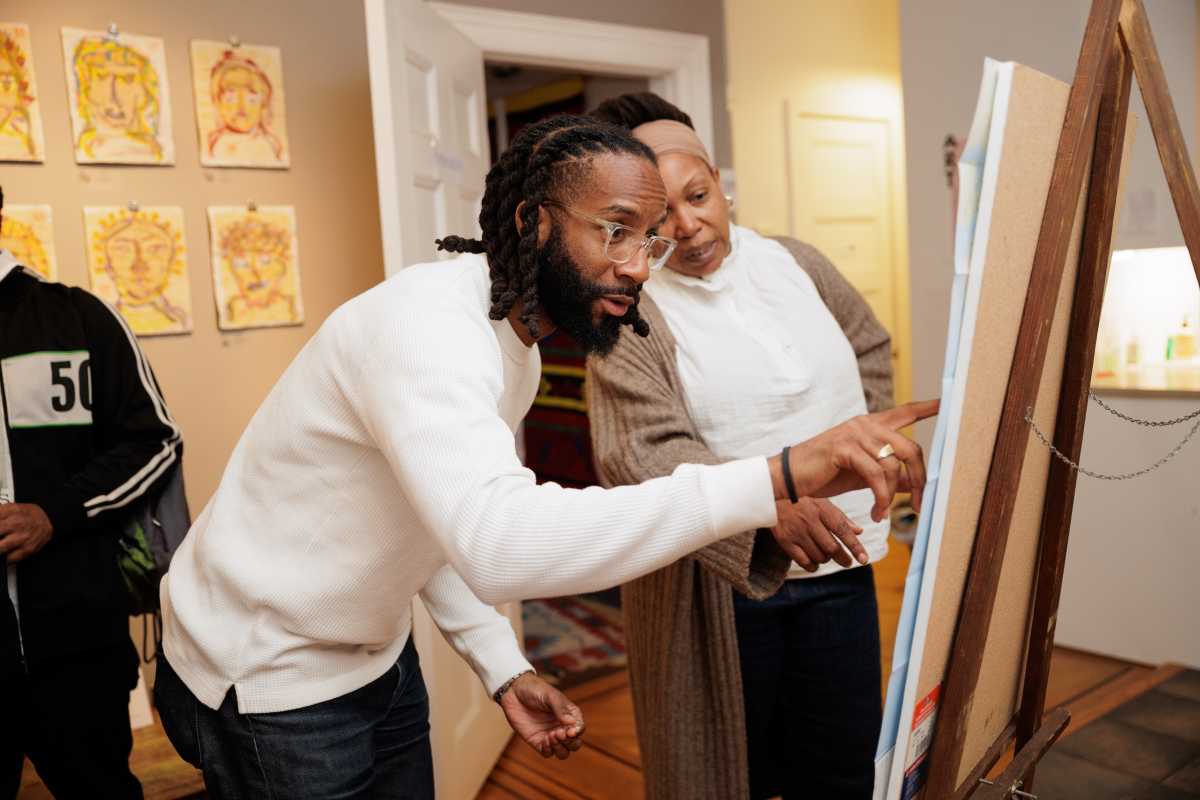“Loss,” a compelling narrative capsulizing a Caribbean descendant’s angst, grief, and healing, recently featured prominently in the “Under The Radar” Festival in Harlem.
New Yorker magazine has described the festival as a “marquee name on the January Festival circuit for over two decades.” Through an eclectic blend of internationally acclaimed talents, the festival is reputed for gifting New Yorkers with some of the most innovative and expressive international and local talents.
This first-month lineup offered treats at numerous venues throughout the boroughs. However, “Loss” connected with sold-out audiences inside the 99-seat Victoria Theater’s Apollo Soundstage in Harlem.
The diverse, intergenerational crowd that filled the space indicated interest in the topical production. The presentation’s Caribbean perspective seemed particularly endearing.
Promotions lauded the Canadian presenter as a writer, artist, designer, and poet.
That he was also a brother who lost his sister Roxanne nine years ago, an uncle to Emmanuel and Kyle, whom she left to grieve, and a son of immigrants who grew up in the Esplanade neighborhood of Toronto, Canada, eluded the publicity campaign for his appearance.
Billed to offer sentiments of nostalgia and relatable experiences tailored to jolt the senses, Ian Kamau was the moderator, guide, and subject of a 90-minute presentation to address grief.
Interspersing multi-media technology, two video screens, a trio consisting of guitarist (Dyheim Stewart), pianist (Bruce A. Russell), and saxophone player (Dennis Passley), the artist diverted from the usual to punctuate his poetic reflections by reciting stories that held rapt attention.
He used jazz inflections to accompany his poetry, encapsulating five separate recitations.
Kamau revealed roots that sprouted in the Republic of Trinidad through words, sound, and power.
The combination connected a Caribbean heritage before his family migrated from Saddle Road to branch somewhere near Yonge St. and Missisagua in North America.
For effect, in delivering his testimonial, he mused graphics to present a travelogue journeying through Bole, Ethiopia, the provinces of South Africa, and even before the US California state recorded the worst fire to ignite.
In addition, he integrated a strategically placed circular audience, which surrounded his erect posture. He was seated on a stool holding a microphone.
His only prop was an inconspicuous, bright, red artificial bouquet that simulated his mother’s obsession with the hibiscus flower.
Other images projected his father, grandmother, and mother for an unveiling of a secret hushed with abandon for no reasonable explanation.
Without those visuals, Kamau’s interpretations might have invoked references left to the imagination. Contextualized tropical scenes of beaches and winding roadways to San Fernando invoked murmurs of nostalgic reflections. Similarly, the snow-covered streets of his birth city—the City Hall building formerly known as the Eye of Government in Ontario, Toronto, and other structural edifices—gave way to memories spoken aloud by immigrants.
Kamau effectively stirred the emotions of patrons and former residents of President-elect Donald Trump’s intended 51st state.
A few occupied cushioned seats inside the venue.
The space, the stories, the setting, the topic, and Kamau together provided a healing balm for still-grieving souls.
Afterward, Kamau explained that for one and a half years, his father, Roger McTair, endured the ravages associated with Parkinson’s disease.
Initially, the presentation showed that the father and son bonded as a family unit.
Eventually, an unfolding revealed the abyss that existed between them.
The archivist, composer, poet, and hip-hop talent also carefully weaved revelations that spoke truth to power about stories his father penned.
Kamau seemed particularly endeared by his grandmother, Nora.
She appeared a force of nature. Independent, ambitious, and forthright, the elder embodied enlightenment.
According to the narrator, all he was told after her transition was that she died because she ‘stopped eating.’
It’s a reasonable explanation often offered and accepted.
But when a video archive showed how he seated his mother, Claire Prieto, for a meaningful conversation, he seemed to open a floodgate of emotions.
Tears fell to smiles on many faces. When his mother abruptly ended the dialogue, groans transformed into laughter.
How the hip-hop artist comforted his mother seemed like a comforting hug to aggrieved patrons.
They, too, seemed hugged with comfort.
The family story resonated with an eclectic audience that seemed pacified by unburdened relief from grief, sadness, and community engagement.
The gesture seemed to lend a joyous post-holiday feeling that might be lingering since the death of a loved one.
At least one customer admitted to experiencing ‘new-found’ peace and consolation.
Regardless of emotional conditions, the Village Theater deserves kudos for a sold-out production that seemed to resonate with patrons of all genders and intergenerational audiences.
Black/Jewish Coalition Promise Soul To Soul MLK Concert Tribute
Civil Rights activists will attest to the bond that existed between Blacks and Jews during the 1960s in pursuing equity for African Americans.
The two cultures share a long-standing history of collaborating on purposeful expressions in politics and entertainment.
Perhaps that’s why the National Yiddish Theater Folksbiene and Harlem’s Impact Repertory Theater have joined forces to showcase a one-night concert dubbed “Soul To Soul.”
“The commonalities between the Black and Jewish folk traditions are extremely illuminating,” creator of the concert and conductor Zalmen Mlotek said.
“But what is most compelling of all is to recognize how these musical commonalities reflect a deep kinship through our traditions of overcoming persecution and celebrating life through music.”
Adding that “in these times of resurgent anti-Semitism, racism, xenophobia and other forms of bigotry… we need the unifying power of Soul to Soul more than ever.”
The event, which is slated to be held at the Stephen Wise Free Synagogue, located at 30 West 68th St., is in commemoration of the 30th anniversary of Dr. Martin Luther King Jr.’s holiday.
Featuring the four-piece klezmer jazz band led by Mlotek on piano, instrumentalist Matt Temkin on drums, Michael Winograd on reeds, Yoshie Fruchter on guitar, and Brian Glassman on bass, Yiddish songs will be translated to English comprehension.
“Music has an extraordinary ability to unite us, transcending boundaries and bringing people together in shared understanding and joy,” Cantor Daniel Singer explained.
“This event is not only a celebration of African-American and Jewish musical traditions but also a testament to the enduring connections between our communities.”
In addition to exploring the Yiddish and African American musical traditions, performances by Off-Broadway star Sam McKelton, Broadway star Elmore James, and songs by Lisa Fishman will enhance the presentation.
“Soul To Soul” begins on Jan. 19 at 7 p.m.
Catch You On the Inside!


























